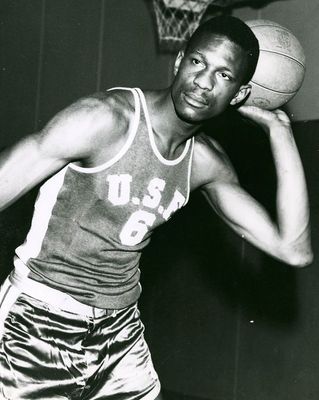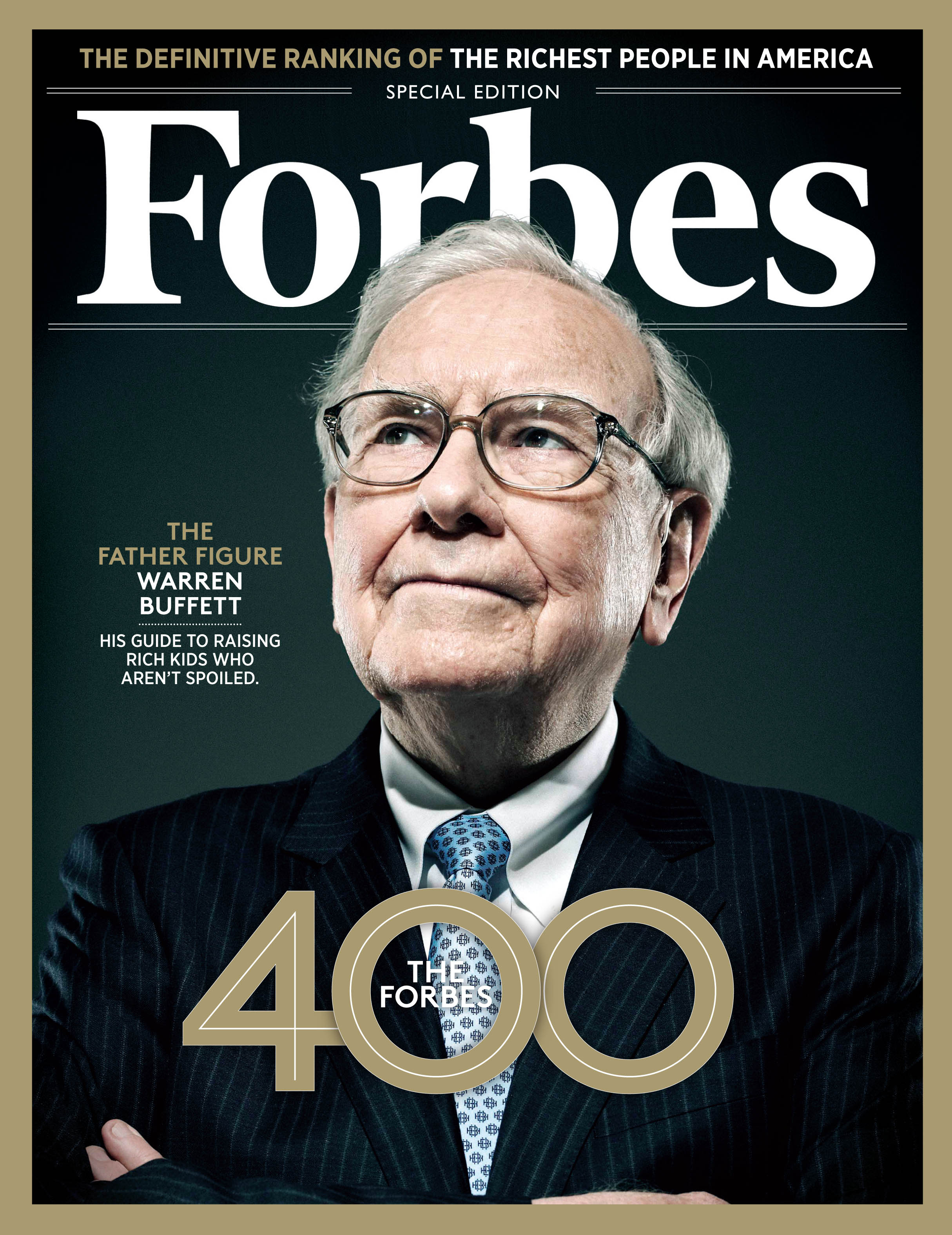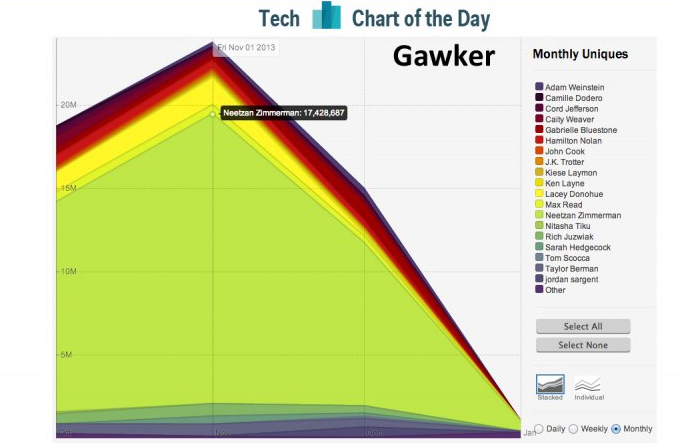Career Lessons from an Aging Hair Band
This week I had the chance to attend Cornerstone OnDemand's annual user conference in San Diego, and as usual the folks from CSOD put on a great event. There were probably two highlights for me overall, the first being the excellent presentations and case studies presented by numerous Cornerstone customers at the event, (like Staples, University of Southern California, and my personal favorite New Belgium Brewery). In these and other sessions, customers themselves shared their HR and workforce challenges, how technology is helping them meet these challenges, and provided a glimpse into what is really going on in HR organizations and with HR technology in the HR trenches.
The other highlight of the event was the Cornerstone customer appreciation party that was held on the deck of the retired aircraft carrier USS Midway, and featured a performance from 80s era hair band Poison, (that is Poison front man Bret Michaels in the pic at the right, taken by me with my dodgy iPhone).
Beforehand, I definitely had my doubts about how interesting and entertaining a set from Poison would be in 2014.While I certainly knew of them, and would recognize several songs from their set list, (you would too, don't try to lie about that), going in my general suspicion would be we'd just get a rote, by-the-numbers re-hash of familiar songs that the band has probably played 23,945 times. Additionally, a band like Poison might have looked at this small, (maybe 500-700 people there), corporate gig as just a way to make a few bucks without too much effort before heading to the next gig.
But instead we were treated to a really well-done, high energy, and I have to admit, totally enjoyable performance that surprised me, someone who is not that much of a music guy and certainly someone that does not play Poison, (or any other music from that genre/era) on the reg. From watching Bret and company work for the hour or so that they were on stage, I think there are (at least) three simple performance/career lessons that anyone can take away from the 80s rockers that would be applicable to just about anyone.
1. Attitude is important, maybe more important than effort - You could tell from the very beginning of the set that the band was not simply going to mail in the performance and that they were really energetic and engaged. They definitely wanted to put on a great show, to give the crowd a good time, and (I would bet) to truly earn their fees for the night. But before giving the effort required to deliver that performance their mindset or their attitude towards the event had to be right. If you go into any project thinking 'I really am not that interested in this work', there is almost no way to sustain the work rate or effort needed to deliver good performance.
2. Effort is still really important too - It was clear the band had their minds right at the start of the show, but for work or performances where success or failure can be greatly influenced by the level of effort put forth, a good attitude or 'wanting' to succeed is never going to be enough. Bret and the other guys sustained a really high energy and work level for the entire set, never really taking a break, always engaging with each other and with the audience for the duration of the show. There was never really a lull or a pause in their effort, and at no time did they seem disinterested in what they were doing. And that is hard to do I think, when you have played the same songs thousands of times, or maybe in your case, delivered the same monthly status reports for the last 8 years. But the audience can tell if you are really working or not.
3. It helps to be a nice person - From random encounters with fans in the hotel prior to the show, to the way that the band engaged with fans during and even after the show was over, it was really clear that the guys in Poison were really appreciative and thankful for the support from the audience, (or were just really good at faking it). So beyond caring enough about what they were doing to have a great attitude, and put forth the effort, they also took time to try and personally connect with people as well. You can get away with being a jerk for a while if you can deliver great work, but you probably either will wear out your welcome because you are a jerk, or you will eventually stop delivering great work. And then you will no longer be 'That jerk who knows what he is doing', you will just be 'That jerk.' And no one will put up with that for very long. You will last much longer if you at least try to be nice.
So yes, I am admitting that I had a good time at a Poison concert. And I am not ashamed. If you were there you would have had a good time too. And you just might have learned something about work and career longevity along the way.
Happy Thursday!
 Career,
Career,  performance management tagged
performance management tagged  career,
career,  music,
music,  performance,
performance,  work
work  Email Article
Email Article 
 Print Article
Print Article 



